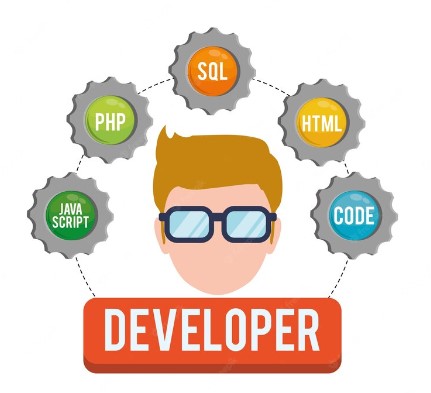
Top 7 Back-End Developer Skills You Should Know
Mar 25, 2024 5 Min Read 2706 Views
(Last Updated)
We all rely on the internet for everything. Open Google and ask your doubt, and you’ll get a solution in seconds. All thanks to web applications, who answer our doubts in milliseconds. But do you know who creates them? – A web developer (which combines the front-end and back-end developer).
Web developers are the one who creates web applications. It is split into two – Front-end developers, who look after the interface of the website, i.e., the look and feel of the website, and the Back-end developers, who look after the back-end of the website which handles the data, storage, and functioning of the website.
According to several reports, back-end developers (who act as the backbone of the application) are generally huge in demand than front-end developers. Thus, it’s very important for you to choose back-end development as a profession.
Do you want to become a back-end developer? If yes, do read this blog till the end so as to gain the maximum you can. Also, becoming a back-end developer comes with many perks which include –
- high salary
- huge demand
- trendy and future-scope
- promising career growth
Having so many benefits, you must definitely know about the top 7 skills to become a back-end developer. Your chances of clearing tech interviews and getting hired in big MNCs increase if you have these said skills in you. In this blog, we’ll be discussing the best skills needed to be a back-end developer.
Table of contents
- Who's a Back-end Developer?
- Salary of a Back-end Developer
- Top 7 Skills of a Back-End Developer
- Programming Languages
- Data Structure and Algorithms
- Frameworks
- Databases
- APIs
- Servers
- Problem-Solving
- To Conclude
- FAQs
- Q1. What are the must-know skills for backend developers?
- Q2. What are the 3 parts of backend development?
- Q3. How do I become a strong backend developer?
Who’s a Back-end Developer?
Back-end developers are those who play a very important role in web development. They are the ones responsible for implementing the back end of the website which provides a structure to the website. They handle the database, and storage, and also look after the communication between the front-end and back-end to exchange data. They make the functioning of the website easy, secure, and reliable.
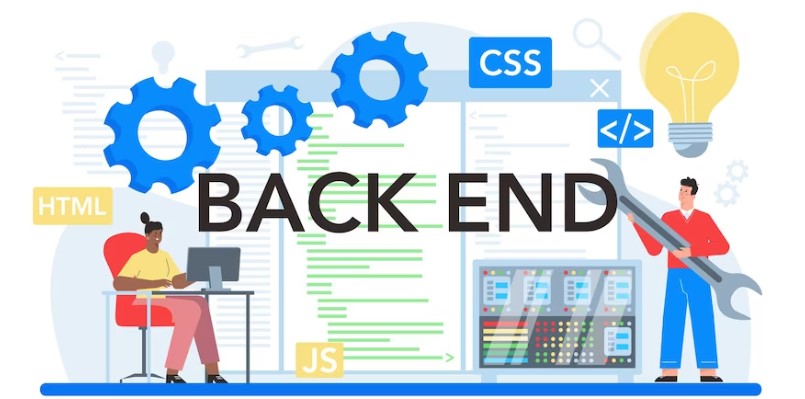
Salary of a Back-end Developer
The salary of a back-end developer varies as per the location, and experience one has, and also on the basis of skills. If you’re an experienced person and have good skills in back-end development, the salary you may receive will be high. Let’s understand this in brief:
In India –
Fresher – 2 LPA
Experienced – 18 LPA
On Average – 7 LPA
In the USA –
Fresher – $93k
Experienced – $120k
On Average – $106k
Top 7 Skills of a Back-End Developer
Backend developer skills are a combination of technical and soft skills required to perform all backend developer duties successfully.
Before diving into the next section, ensure you’re solid on full-stack development essentials like front-end frameworks, back-end technologies, and database management. If you are looking for a detailed Full Stack Development career program, you can join GUVI’s Full Stack Development Career Program with Placement Assistance. You will be able to master the MERN stack (MongoDB, Express.js, React, Node.js) and build real-life projects.
As a backend developer, you should have the technical skills to work with server-side scripting languages, APIs, and database management tools. You also need soft skills like communication, problem-solving, and creativity to build a successful career in backend development. Let’s look into some technical skills
1. Programming Languages
The first and foremost skill any back-end developer should have is knowledge of any one programming language. Although there are various programming languages that developers generally use, the most preferred programming languages for back-end development are Python, Java, and PHP. Python is the most preferred one since companies like Intel, IBM, Netflix, NASA, and many others use it.
If you’re a beginner, start from the basics and then gradually move to the advanced concepts of the programming language that you consider the best. Having a great command over anyone will help you to build a successful career in back-end development. Since programming language is the basic and most important skill, you must definitely be good at it.
Also, JavaScript is the best and most demanding programming language because of its versatility as it can be used for the development of both, the back-end and front-end. Choosing this programming language gives you many benefits while building an application.
Additionally, if you want to explore JavaScript through a self-paced course, try GUVI’s JavaScript self-paced certification course.
Still, having doubts? Do read these 5 Best Back-End Programming Languages which will definitely clear your mind as to which programming language you should choose to build an application.
2. Data Structure and Algorithms
DSA is the building block of any software development process. It is a must-have skill any back-end developer should have. Having good knowledge of DSA helps you in building an efficient web application and also, increases your chance of getting hired at FAANG companies. Companies do ask questions based on DSA in technical interviews.
The basic concepts from strings, arrays, objects, methods, searching and sorting to the advanced-level concepts like linked lists, graphs, queues, trees, trie, etc. Solve at least 4-5 questions daily, increasing the level of questions day by day. A good back-end developer has a great command over DSA concepts because without DSA, modifying, organizing, and accessing data in programming is not easy.
You can check out Data Structure and Algorithms course offered by Guvi, which has covered all the concepts required to become a developer and is completely self-paced you also get a certificate of completion at the end of this course.
3. Frameworks
Frameworks provide a structure to the website, thus knowledge of framework is highly required for back-end developers. Frameworks are a collection of libraries that makes development easier and quicker. It also makes the application secure, high-performing, flexible, and scalable.
For choosing a framework, you need to choose a programming language first because it works with the programming language. There are several frameworks for different programming languages. Let’s look at a framework for programming languages –
You can also check for the Top 10 Backend Web Development Frameworks In 2023
4. Databases
Databases play a crucial role in back-end development. Databases are the one that holds data and manipulates it as per the user’s requirement. Websites do require databases to store and retrieve client data, you must definitely have great knowledge in database management skills.
When on interviews, interviewers do ask questions based on SQL and NoSQL, don’t forget to have a deep understanding and implementation of the databases in web applications. The most popular DBMS (Database Management Systems) for back-end development include PostgreSQL, MongoDB, MySQL, and many more.
Don’t forget to check the 10 Best Database Management Systems For Software Developers
5. APIs
APIs (Application Programming Interface) is the one with which the communication between the front-end and the back-end is possible in web applications. APIs work as an interface between the servers and the software. It is used to perform request and response actions in a web application
When the user hits any request from the server, it’s the API that receives the request, goes to the server with the query, and comes back with the response. You must have a good understanding of APIs in order to have proper communication between the front end with the back end, thus making the application efficient and functional without any hassle.
6. Servers
A server is a cloud-based storage system that stores all the files, and data, and provides security to other systems as well. You must have a good knowledge of servers in case you want to be a good back-end developer. Since back-end development is all about server-side development, you must have knowledge of servers like Apache, Microsoft, etc.
The server is responsible for recovering, rearranging, and storing information that could be used for web applications. You can also expect questions such as server-side commands, and other related aspects when in an interview.
7. Problem-Solving
You must be very good at problem-solving skills. To improve yourself in problem-solving, you should make a habit of solving maximum questions with proper output daily. At an early stage, you can focus on just solving problems without worrying much about the result. Later, when you have a habit, you can work on the output taking help from fellow developers, or seniors.
You may face various issues while developing a web application, therefore make yourself ready. Since back-end development is a challenging career, you should be good at problem-solving skills.
Check out this awesome course – Back End Development Beginners Bundle offered by Guvi at a pocket-friendly price which is 100% online and self-paced.
You can check out our Webkata platform which includes questions based on levels, which will make you placement ready, and can also practice daily on it to become a successful back-end developer.
To Conclude
Now that you’ve known the top 7 backend skills you must have in order to be a back-end developer, you can try sharpening your skills. Learn this to the best and try to implement these while building applications. Also, it’s very important to keep yourself updated with emerging technologies. As a back-end developer, you must have proper command over implementing a reliable and secure back-end of the application.
FAQs
Kickstart your Full Stack Development journey by enrolling in GUVI’s certified Full Stack Development Career Program with Placement Assistance where you will master the MERN stack (MongoDB, Express.js, React, Node.js) and build interesting real-life projects. This program is crafted by our team of experts to help you upskill and assist you in placements. Alternatively, if you want to explore JavaScript through a self-paced course, try GUVI’s JavaScript self-paced course.
Q1. What are the must-know skills for backend developers?
Ans1. To become a back-end developer, you must have the following skills:
1. Good at any one programing language (Java, Python, PHP)
2. Knowledge of APIs, databases, and servers
3. Good command over DSA
4. Also, have a good problem-solving skill
Q2. What are the 3 parts of backend development?
Ans2. The three parts of backend development include –
a) The server (receives requests)
b) The app (running on the server that listens for requests, retrieves information from the database, and sends a response)
c) The database (used to organize and persist data)
Q3. How do I become a strong backend developer?
Ans3. The most important thing you need to have as a back-end developer is the curiosity to learn, whereas there are some important steps you need to follow:
Step1. Learn Programming Language
Step2. Command over DSA
Step3. Knowledge of APIs, databases
Step4. Build projects
Step5. Update your resume
Step6. Apply for a similar role in companies











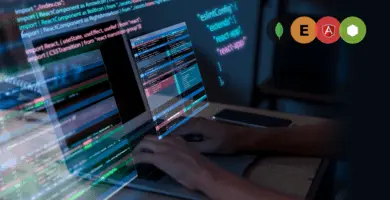
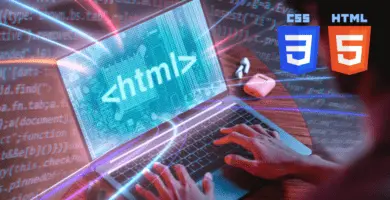








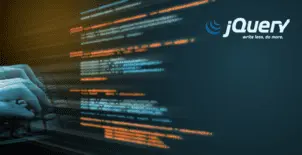
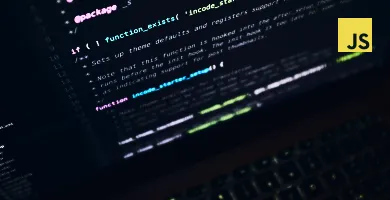



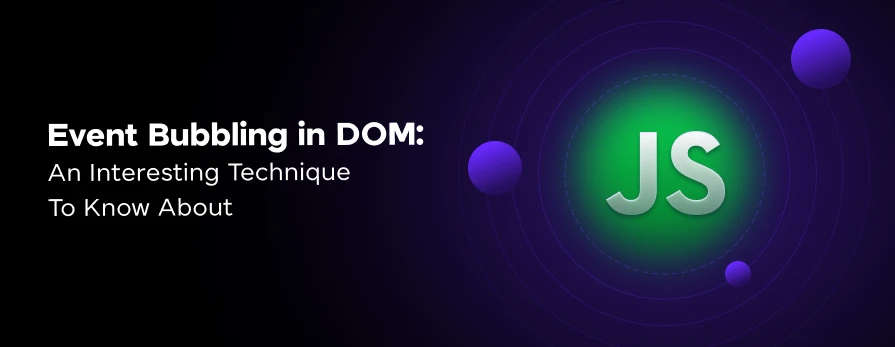

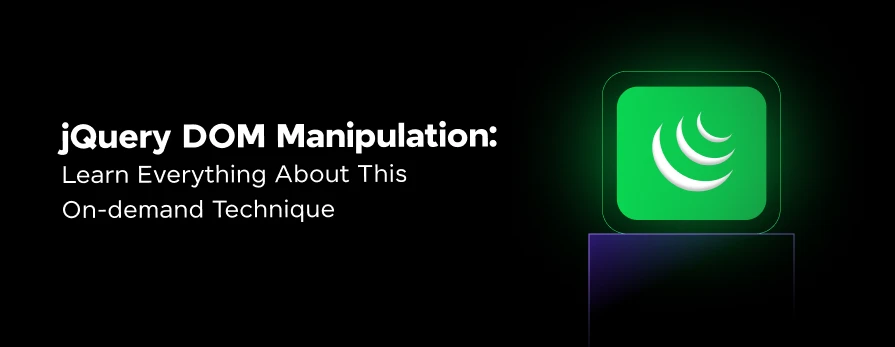
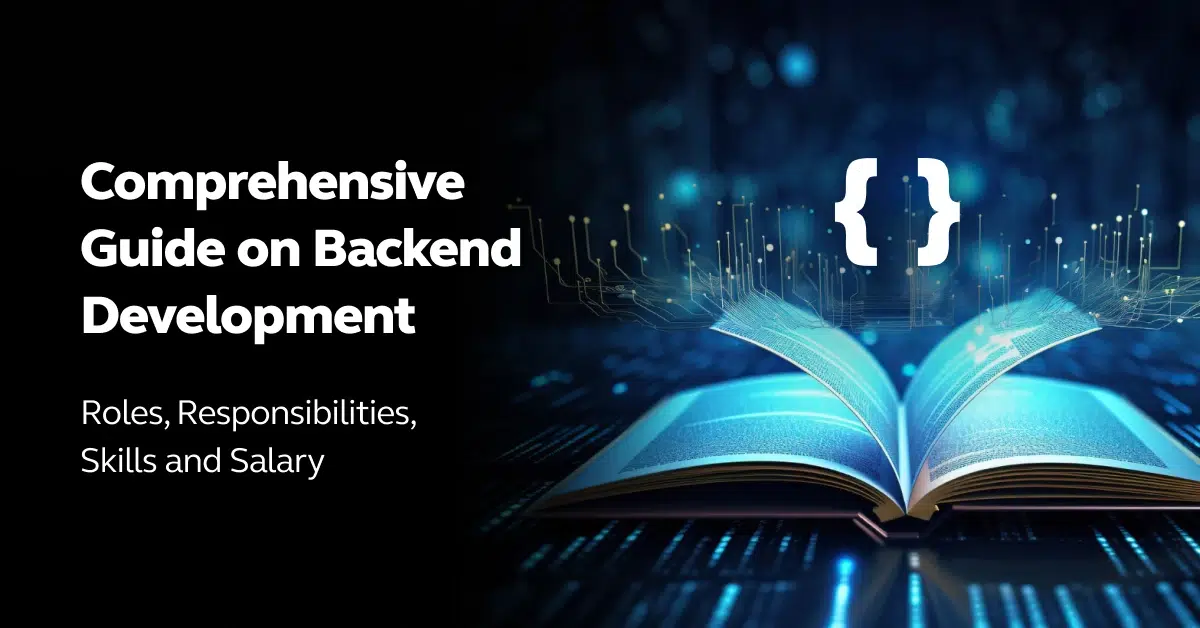

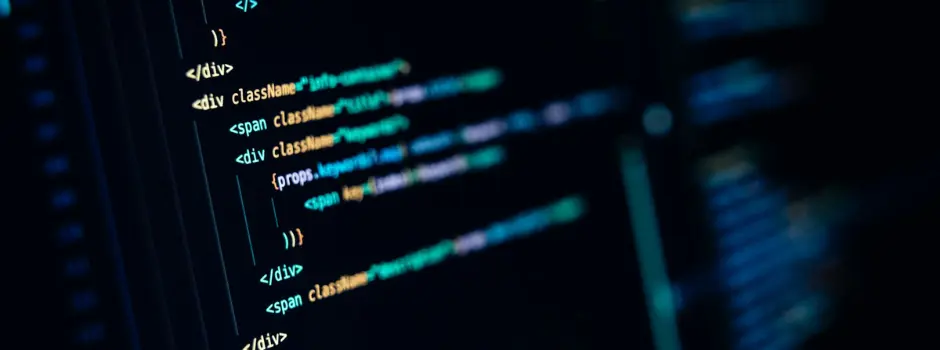
Did you enjoy this article?